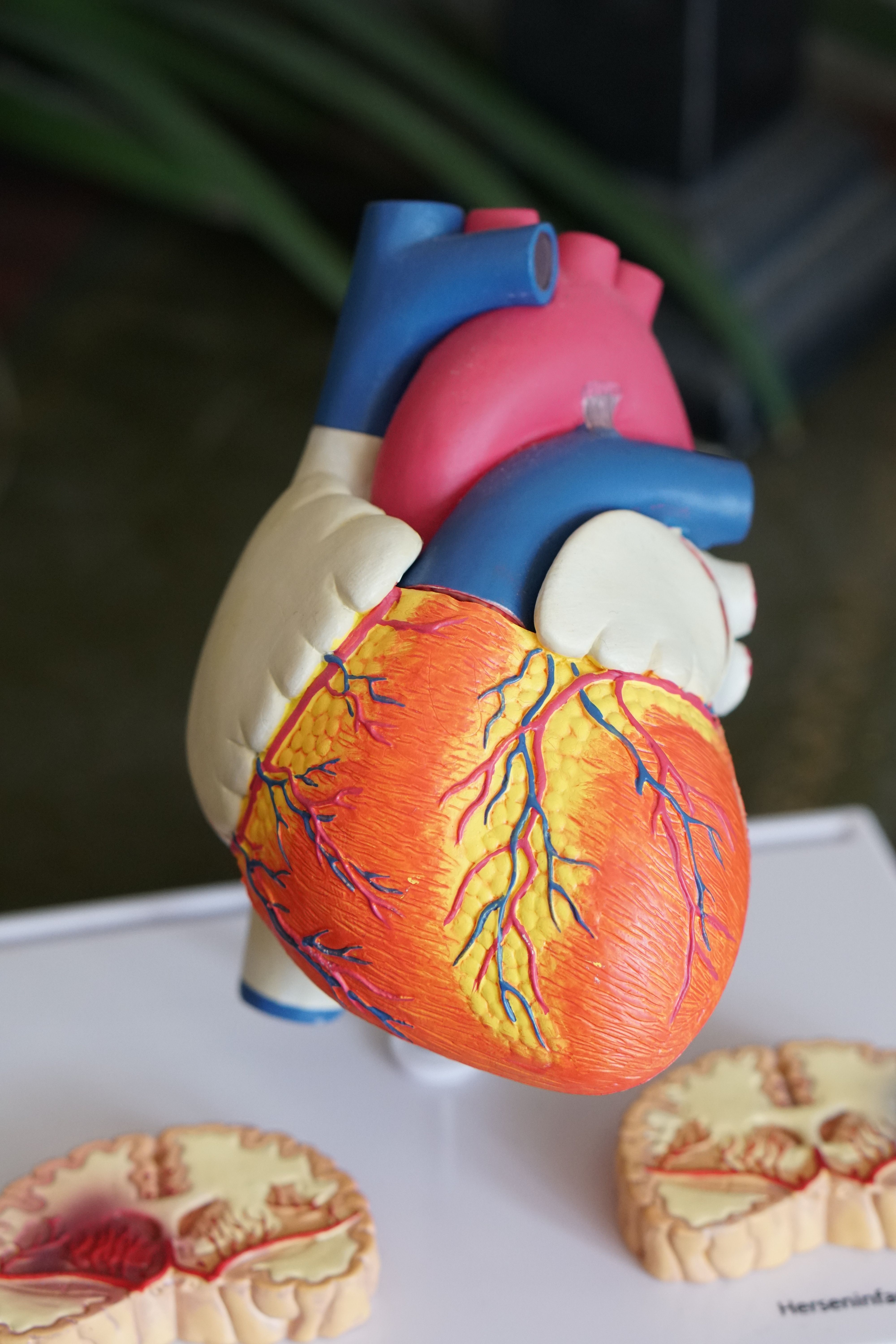Trial reveals adrenaline increases survival but may cause severe damage after cardiac arrest
Every year in the UK, approximately 30,000 people are treated for cardiac arrest in the community. A cardiac arrest – where the heart suddenly stops beating – is one of the most dangerous medical emergencies, with only around one in 10 sufferers surviving. Epinephrine (also known as adrenaline) has been administered to treat out-of-hospital cardiac arrest for over 50 years as it increases blood supply to the heart, increasing the chance of the heart starting to beat again.
Last week the long-awaited results of the PARAMEDIC2 trial, sponsored by the University of Warwick, were published in the New England Journal of Medicine. Despite its common use in current practice, no previous work has actually tested whether administering adrenaline after cardiac arrest is safe and effective. Some medical professionals previously argued that adrenaline might damage the heart and brain, resulting in fewer patients surviving. The International Liaison Committee for Resuscitation, therefore, called for a definitive clinical trial to assess the use of epinephrine.
Some medical professionals previously argued that adrenaline might damage the heart and brain, resulting in fewer patients surviving
PARAMEDIC2 was the first large-scale trial assessing whether adrenaline is helpful or harmful after cardiac arrest. It began in December 2014, recruiting for three years across five NHS ambulance services with previous experience of carrying out research. The trial was randomised and double-blind, meaning people suffering cardiac arrest were allocated either epinephrine or the saline placebo at random, and that neither the patient nor the paramedic giving treatment knew which solution was being administered.
Overall 8014 patients were recruited across the areas served by the participating ambulance services, with epinephrine administered to 4012 patients and the saline placebo to 3995. 130 patients (3.2%) who were given epinephrine survived compared with 94 patients (2.4%) in the placebo group, suggesting that the use of epinephrine results in an almost 1% higher chance of survival after cardiac arrest. However, neurological impairment was more prevalent among those who were given adrenaline – 31% of patients compared with just 17.8% of patients who were given the placebo.
The trial was randomised and double-blind, meaning people suffering cardiac arrest were allocated either epinephrine or the saline placebo at random
PARAMEDIC2 is a landmark study suggesting that while adrenaline might increase the number of cardiac arrest survivors, these patients are more likely to be neurologically impaired than if they had not been given adrenaline at all. It remains to be seen how the results of this study will impact standard care moving forward.

Comments